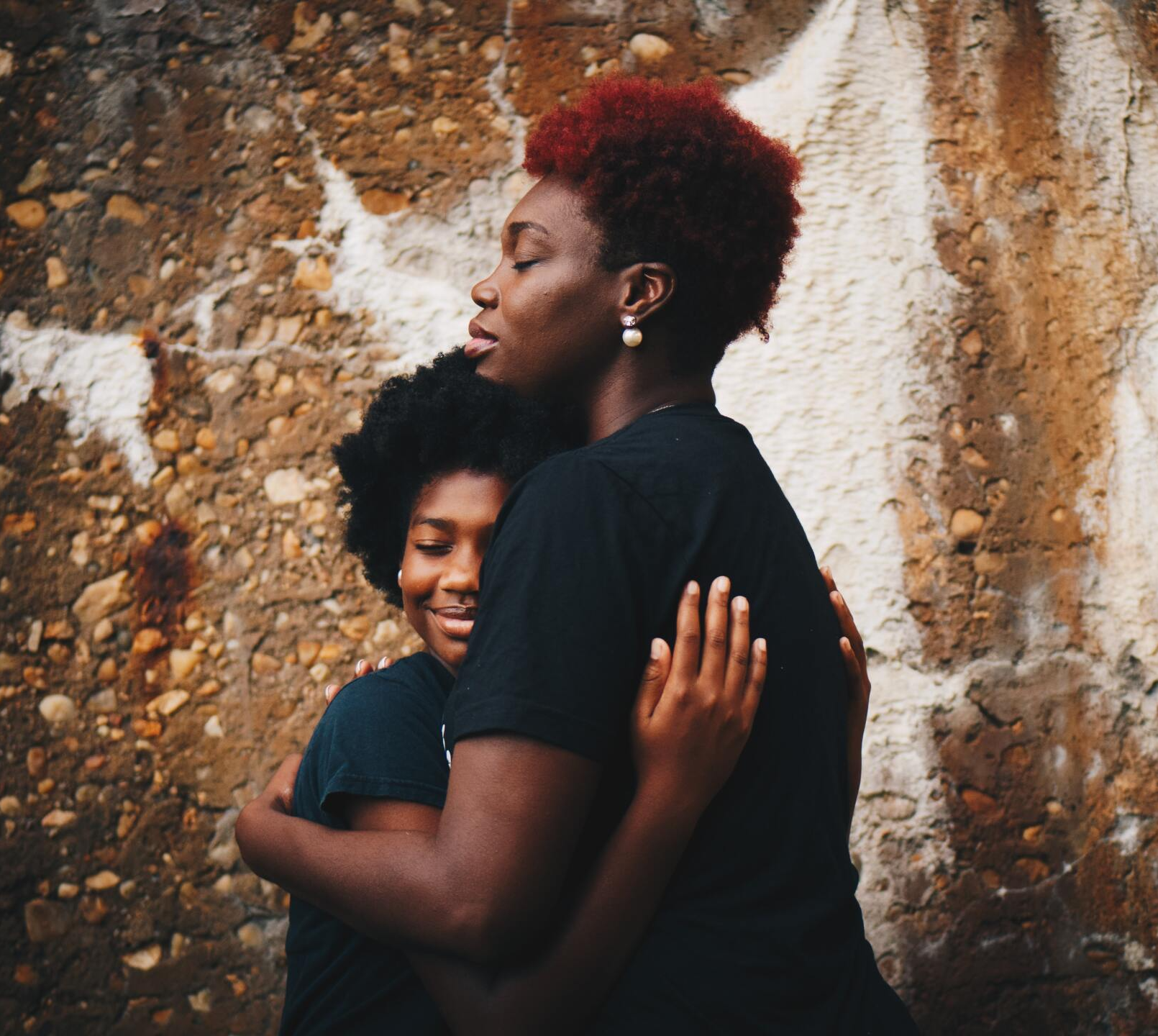Lessons From My Stepchildren: Who Knew This ONE Approach with Teens Was So Effective?

The other evening, in a seemingly routine Monday moment, I stumbled upon a parenting truth that will stay with me for the rest of my life.
It wasn’t a profound lecture by a parenting expert or a life-changing book that delivered this insight—it was a brief interaction with my teenage stepson that accidentally illuminated the power of true respect in our relationship.
I was upstairs making dinner, juggling a pan of candied nuts that needed constant stirring while simultaneously trying to finish both a salad and the main course. You know the feeling—too many tasks, not enough hands.
Meanwhile, my stepson was downstairs in the basement, out of sight but definitely within earshot. I called down to him, “Are you doing something at the moment that you’re able to pause?” To which he replied, “Not really.” So I said, “No problem!”—and I meant it.
Given he was occupied, I shifted my plan and found a way to tackle dinner tasks one by one instead of octopus-style. About fifteen minutes later, my stepson came upstairs and asked if I still needed help. I told him it all worked out, explaining that I just needed help stirring something earlier that was now done.
Then came the moment that hit me right in the heart.
Standing in the doorway to the basement, he looked at me and said, “Thank you for asking me that way.”
I was a little taken aback. “What way?” I asked.
“You asked if I was doing something that could be paused. Most parents would never ask that way. They would just tell their kids they had to stop what they were doing.”
I’m not being dramatic when I say that I almost started crying. Here was this beautiful human being thanking me for something as simple as showing respect for his time. It was so different from what he’d come to expect. I respected that his time and activities have value, even if they didn't align with my immediate needs. I hadn’t assumed that what I wanted from him was automatically more important than what he was doing.
At that moment, I realized I had accidentally stumbled upon
a fundamental truth about parenting teenagers: when we treat them with genuine respect—not just surface-level politeness masking underlying control—they feel it deeply and respond in kind.
I told him, “Well, I know sometimes you’re playing a game with your friends, and that’s important. You can’t just disrupt the game because I decided the salad needed candied nuts out of nowhere.”
Ever since that interaction, I feel like I’ve unlocked a new level within myself and in my relationship with him. There’s a new feeling of comfort and connection. We see each other differently, I believe. We’re now in this together.
I realized that I wasn’t always stopping to consider his feelings, especially when they weren’t convenient for me.
And here’s another key insight I took from this: the way I ask him to do things matters. The respect and empathy I bring into the request make all the difference in how he responds.
The Stories We Tell Ourselves About Teenagers
This revelation made me examine the stories we tell ourselves about teenagers. We're bombarded with narratives about how they're difficult, lazy, uncommunicative, or constantly looking for conflict. These preconceptions color every interaction we have with them, creating a self-fulfilling prophecy. If we're looking for signs of defiance or disrespect, we'll find them. It's confirmation bias at its finest—we see what we expect to see.
But what if we flipped the script? What if we started looking for signs of cooperation, kindness, and respect? What if we approached our teenagers with the same respect and consideration we'd show to other adults we care about? Not by lowering our expectations or abandoning household standards but by changing how we communicate those expectations and acknowledging their contributions. What if we led with empathy and assumed the best of them?
That’s exactly what I’m committing to doing from now on.
Leading with Empathy and Compassion
That evening, my stepson taught me something endlessly valuable about how teenagers perceive respect. It’s not about pretending to respect them or using polite words while secretly undermining their autonomy. They can feel the difference between genuine respect and a performance.
I realized that I want to approach my teenagers the way I would approach anyone I love and respect. That means asking for their help in a way that honors their time and what they’re doing. It means acknowledging their contributions to the household and thanking them for it. It also means holding them accountable and expecting a high degree of participation in family life—and doing so with appreciation and respect.
Why Respect Changes Everything
Here’s what I’ve noticed since that interaction: when I lead with respect, our home feels different. There’s less tension. Conversations flow more easily. My stepson spends more time upstairs, hanging out and talking. There’s a noticeable shift in how we interact—we’re more relaxed, more connected, more trusting.
And it makes sense. I can only imagine how I’d feel if someone consistently dismissed what I was doing, interrupting me without considering my priorities. Then I imagine the opposite—someone recognizing that my time and desires matter and asking for my help with consideration. I would feel valued. I would want to be around that person more.
The New Standard: Respect and Appreciation
Moving forward, I’m setting a new standard for myself. From now on, I’ll ask myself: Am I asking my child to do something in the same way I’d ask another adult I respect?
Because I’m committed to showing respect and appreciation for my teenagers’ contributions, I’ll tell them when they’re doing a great job, not just point out when they’re falling short. And I’ll make sure they know that their time and autonomy are valued in our household.
This doesn’t mean I’m lowering my expectations. Quite the opposite—I’m holding them to high standards because I respect them so much. But I’m also approaching those expectations with empathy and understanding.
Parenting teenagers is new territory for me. It won’t always be easy, and like everyone, I’m learning as I go. But I’m so grateful for this opportunity to do things differently—to give my kids the respect, consideration, and connection I longed for as a teenager myself.
Sometimes, the most powerful changes come not from grand gestures but from small moments of genuine connection. I get to set the tone for a home filled with trust, kindness, and mutual appreciation.
And isn’t that the kind of home we all want to create?
If you're looking to strengthen your connection with your children and build a lasting, meaningful relationship, download our
Ultimate Guide to Parent Coaching. Join over 2,500 Jai parent coaches worldwide and discover empowering strategies for nurturing your bond and creating a foundation of respect and understanding.
Meet Your Author, Katie Owen
Jai Business Coach & Marketing Mentor
As a former practicing therapist turned copywriter and marketing strategist, Katie is passionate about the intersection of marketing and mindset. Katie embodies the practices of taking the simple actions, consistently over time, that create epic results.
A master storyteller, Katie works with our coaches to refine their message, increase their visibility and get clients!
READ MORE:
Curious for more?














